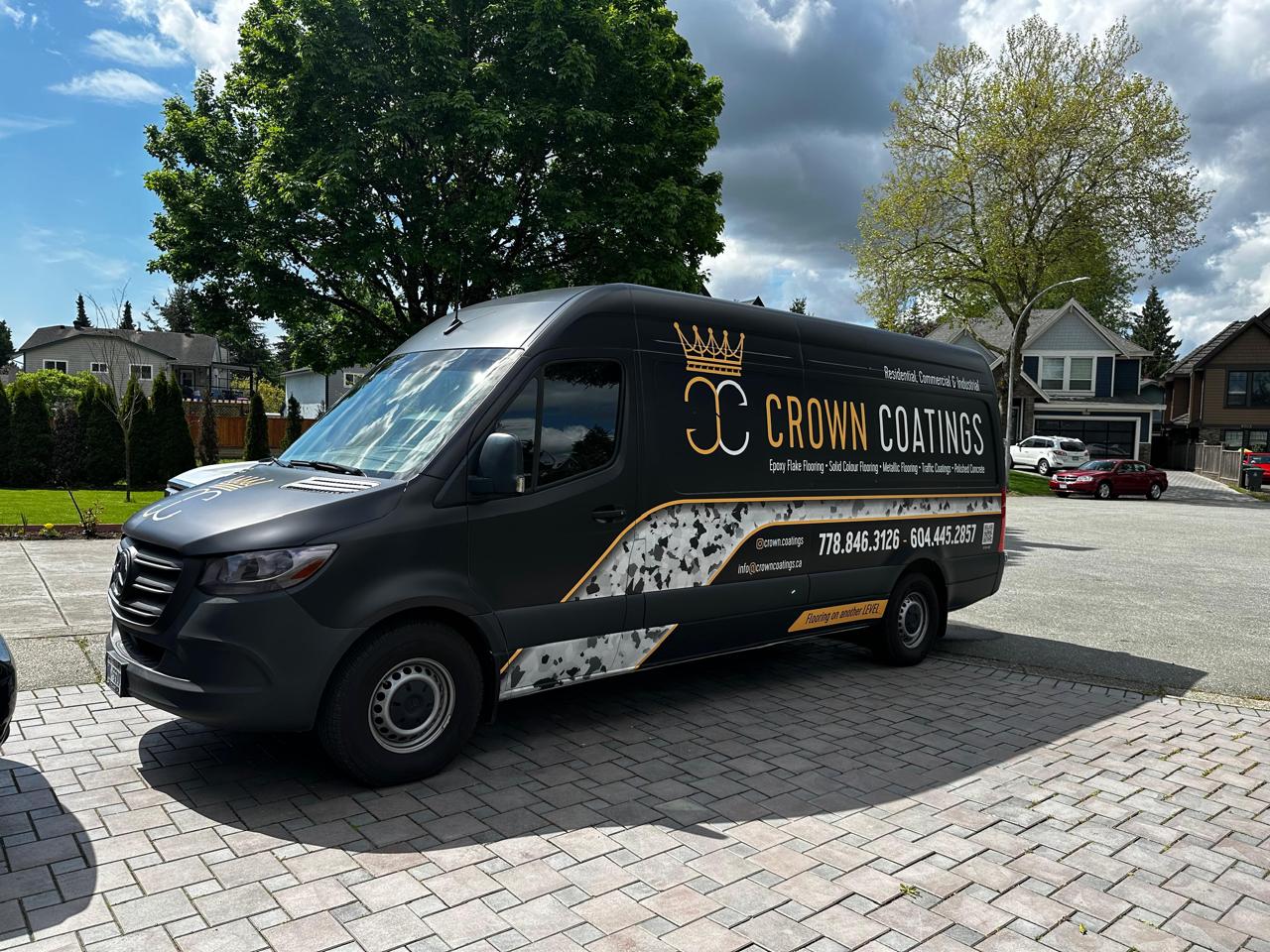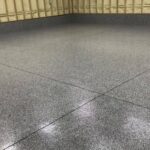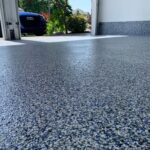When it comes to choose protective coating for commercial floors and even pipelines, these three materials stand out – Epoxies, polyurea and polyaspartic coatings. Each one of them come with unique properties that make them ideal for all kinds of applications here, in this blog, we are going to talk about the differences between different types of coatings and it will help you understanding and choosing the best one that fit your requirements in the best way.
-
Epoxy coating
This perhaps the most widely known coating which can be used for both residential as well as industrial settings. Made from the combination of hardener and resin, epoxy coatings create a durable, strong, and highly resistant to chemical.
Advantages
-
Durability
Epoxy coatings are resistant to wear and tear. They don’t need much effort for maintaining for a prolonged time, making it an ideal solution in high-traffic areas.
-
Chemical resistant
Epoxy coatings are highly resistant to a wide range of chemicals making them an ideal option for industrial environments.
-
Versatility
These types of floor coatings can be applied to a wide range of surfaces such as metak, concrete and wood.
-
Polyurea coatings
This is a type of coating which is known for its rapid curing and extreme flexibility. The coating is created with a resin blend, resulting a fast-setting type of material.
Advantages
- Fast application: This type of coating can widely be used in just a few second, making them an ideal option for those floors that come with quick turnaround.
- Flexibility: It remains flexible even in low temperature that makes it an ideal option for the surfaces that contract and expand.
- Waterproofing: this is highly resistant to moisture, making them an ideal solution for waterproofing.
-
Polyaspartic coatings
Polyaspartic coatings is a kind of polyurea that has been modified over the years, making it more user-friendly without sacrificing performance.
Advantages
- Rapid curing: Just like Polyurea, Polyaspartic coatings cure more quickly just within hours.
- UV resistant: Polyaspartic is said to be highly resistant to UV light, that means it won’t fade away over time.
- High clarity: It offers a glossy finish that improves the aesthetic appeal for the coated surface.
Final words
Therefore, when it comes to choosing between Epoxies, polyurea and polyaspartic coatings, the decision entirely depends on specific requirements and needs. The type of costing you require for your commercial space can better help in making the choice. Crown Coatings is a one-stop platform to find all these types of floor coatings from the experts. Not only this, they will also help you in choosing the best one that can serve your needs in the best way.







